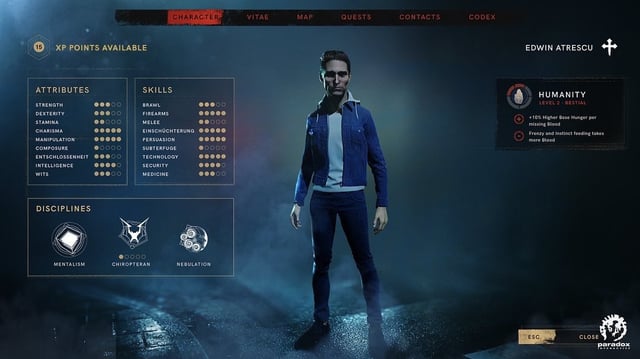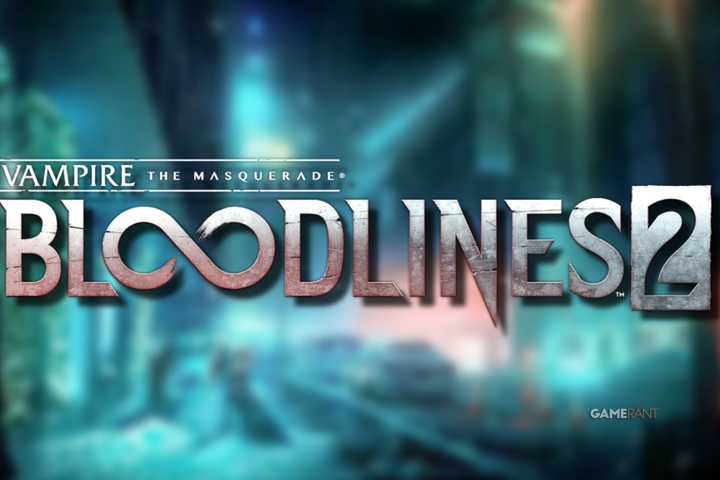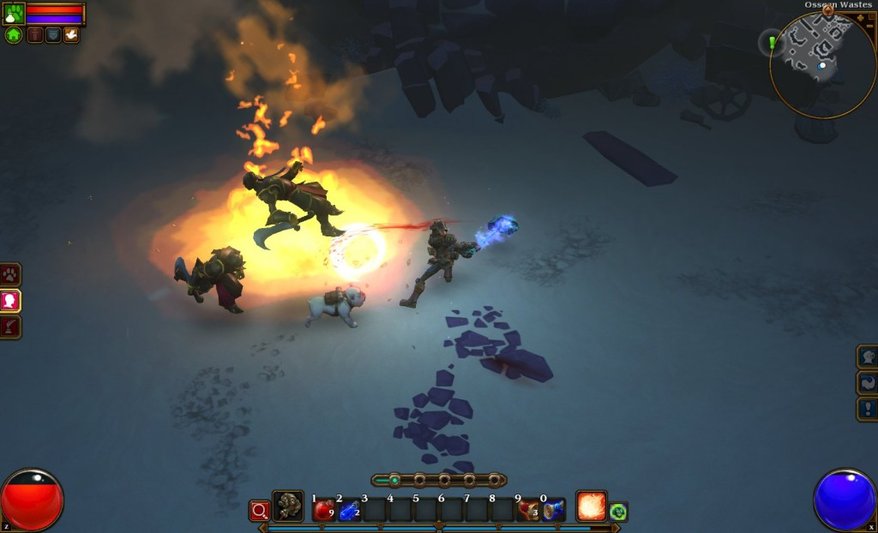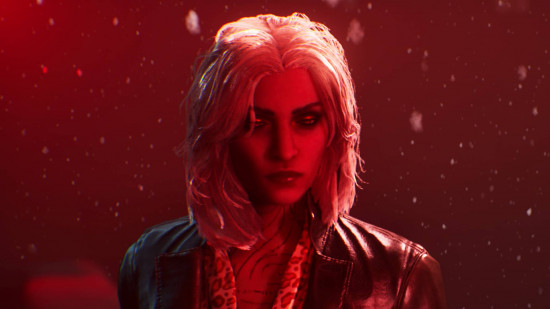Bloodlines 2: A Veteran's Autopsy So, Bloodlines 2… where do I even start?

So, Bloodlines 2… where do I even start? A lot of you probably know I had my hands in the early stages of this one. Spent a few late nights mapping out narrative paths and arguing about the proper shade of Ventrue blue. Let's just say things didn't exactly go according to plan. Here's my take on what happened, and what could maybe, possibly still happen… assuming the vampires haven't drained the studio budget dry first.
Let’s be frank; the road to Bloodlines 2 has been… rocky. To put it mildly. We’ve seen studios change, release dates evaporate, and a general sense of uncertainty that’s thicker than Seattle fog. But before we dive into the autopsy, let’s remember what made the original Bloodlines so special, so enduring. It wasn't just the vampires, the blood, or the fangs. It was the feeling. The claustrophobic, morally grey world where every choice had consequences, and every conversation could be a dance on the razor's edge. It was the unique blend of horror, humor, and social commentary that resonated so deeply with players. Can Bloodlines 2 recapture that magic? That's the million-dollar (or, more likely, multi-million-dollar) question.
The Initial Vision: Hardsuit Labs and the Allure of Seattle
Hardsuit Labs, bless their hearts, had a compelling vision. They wanted to create a Seattle that felt both familiar and utterly alien. Gothic noir blended with modern grit. The early peeks we got showed promise. The focus on clan politics, the neon-drenched streets, the promise of multiple playable clans, each with their unique powers and perspectives – it all sounded fantastic on paper.

The choice of Seattle as a setting was particularly inspired. It's a city with a rich history, a vibrant counterculture, and a palpable sense of unease lurking beneath the surface. It's a perfect backdrop for a vampire society struggling to maintain its secrecy in the age of social media and constant surveillance. But somewhere along the line, that vision ran into… complications.
The Fall: What Happened to Hardsuit Labs?
The departure of Hardsuit Labs as the lead developer is still a subject of much speculation. We can point fingers at any number of things: creative clashes, budget constraints, project management issues. It's rarely ever just one thing. My experience tells me it's usually a confluence of factors, a perfect storm of corporate pressures and creative compromises. Was their initial vision too ambitious? Did the planned scope of multiple playable clans prove too unwieldy? Did their desired tone – a delicate balance of humor, horror, and social commentary – prove too niche for Paradox's wider ambitions?

It's easy to second-guess these decisions from the outside. But the reality is, game development is a messy, iterative process. And sometimes, despite everyone's best intentions, things just don't work out. And corporate realities can often force creative decisions that feel… less than ideal.
Inheriting a Legacy: The Challenges Ahead
Now, another studio has to pick up the pieces. Inheriting a project with this much baggage, this much expectation, is a monumental task. They're not just building a game; they're trying to resurrect a ghost. The codebase might be unstable, the design documents contradictory, and the weight of fan expectation is enough to crush even the most seasoned developer.

They have to deliver a product that's technically sound, aesthetically pleasing, and, most importantly, faithful to the spirit of the original. And they have to do it while addressing the concerns raised during pre-release marketing and leaked gameplay footage. No pressure, right?
Salvaging the Vision: A Possible Path Forward
So, what can the new developer do to salvage this project? Here are a few thoughts, offered from the perspective of someone who's been there, done that, and has the metaphorical scars to prove it.
Focus the Narrative: The original Bloodlines excelled at giving the player meaningful choices within a relatively confined narrative. Maybe the new team should dial back the scope, focusing on a single playable clan with branching storylines that address the major political factions. Quality over quantity. Let players truly inhabit their chosen clan, explore their unique powers and weaknesses, and make choices that have a real impact on the world around them.

Streamline, Don't Simplify: The dialogue system and player choice mechanics are crucial. Streamline the interface, improve the responsiveness, but don't sacrifice the depth. Let players talk their way out of (or into) trouble. Let them use their unique vampire abilities to influence events, to manipulate NPCs, to shape their own destiny.
Embrace the Grime: The original Bloodlines wasn't a showcase for cutting-edge CGI. It was a grimy, practical effects-driven experience. The new team should embrace that aesthetic. Focus on creating a world that feels lived-in, that feels real, that feels… dangerous.

Don’t Forget the Humor: The original had a dark wit that set it apart. Don't sanitize the humor in pursuit of broader appeal. Vampires are inherently absurd creatures, and the game should reflect that. The best humor often comes from the darkest places.
The Right Studio for the Job
What kind of studio is best equipped to tackle this mess? A AAA behemoth? An indie darling with a proven track record in RPGs? A specialist studio known for narrative design? Larian, fresh off Baldur's Gate 3, could undoubtedly handle the RPG mechanics and branching narratives. Obsidian Entertainment, well… that's where my bias kicks in. But realistically, are either of those scenarios even remotely plausible at this stage?

The ideal studio would have a deep understanding of RPG mechanics, a passion for narrative, and a willingness to embrace the weirdness of the Vampire: The Masquerade universe. And, crucially, they'd need the creative freedom to make the game they want to make, without too much corporate interference. But that's a unicorn in this industry.
Lessons Learned: The State of AAA Development
The Bloodlines 2 saga is a cautionary tale. It highlights the risks associated with highly anticipated sequels, the delicate balance between creative vision and commercial viability, and the ever-present threat of publisher interference. It shows that even the best intentions can be derailed by budget constraints, project management issues, and the pressure to deliver a blockbuster hit.

Will Bloodlines 2 ever live up to the legacy of the original? Honestly, I don't know. But I hope so. I hope that the new team can find a way to capture that magic, to create a game that's both faithful to its roots and innovative in its own right. Because the world needs more games that are willing to take risks, to explore the dark corners of the human (and inhuman) condition, and to remind us that even in the darkest of nights, there's always room for a little bit of humor. Now, if you'll excuse me, I need to refill my scotch. This whole thing has given me a headache.